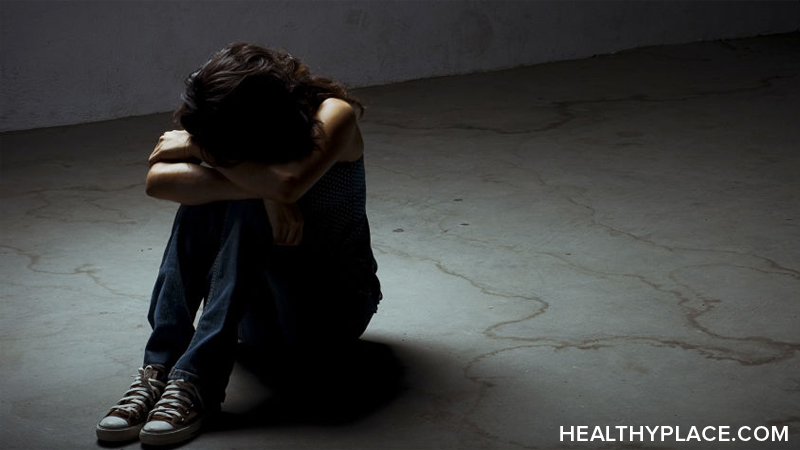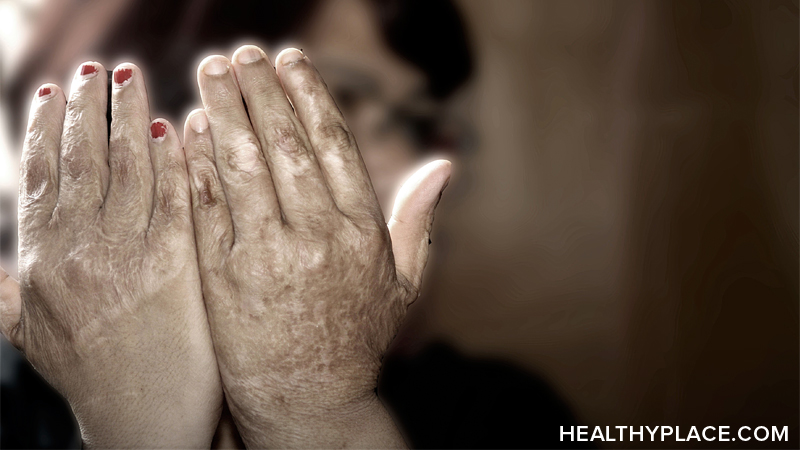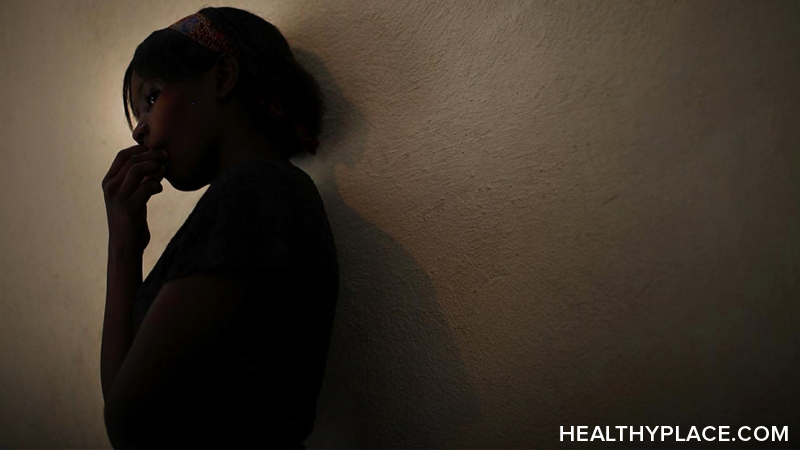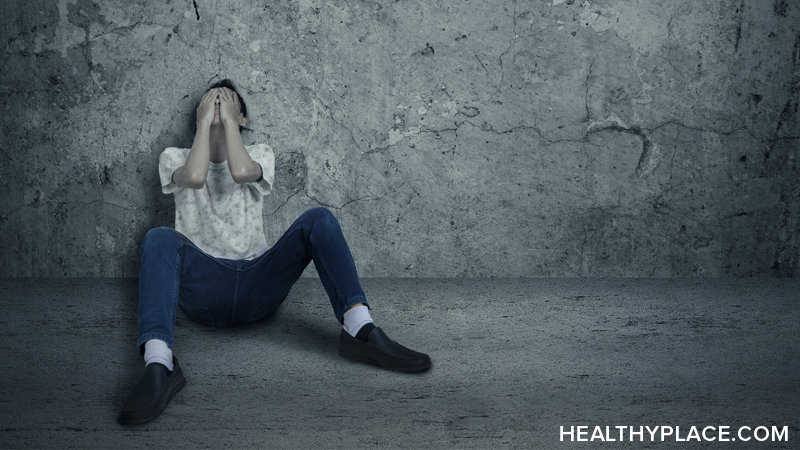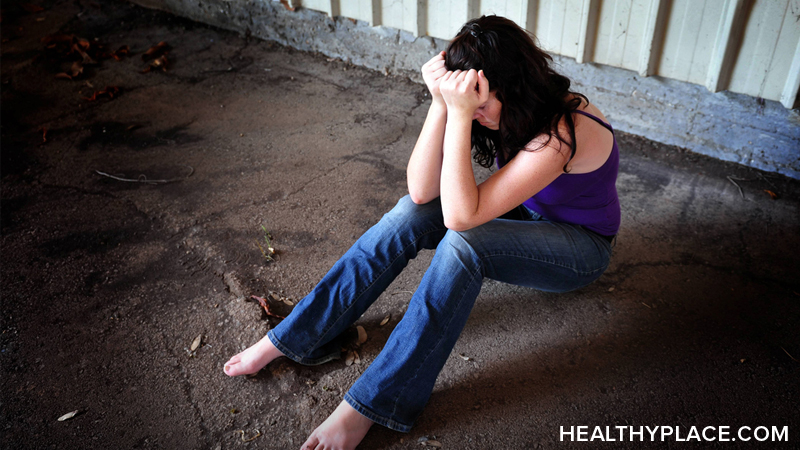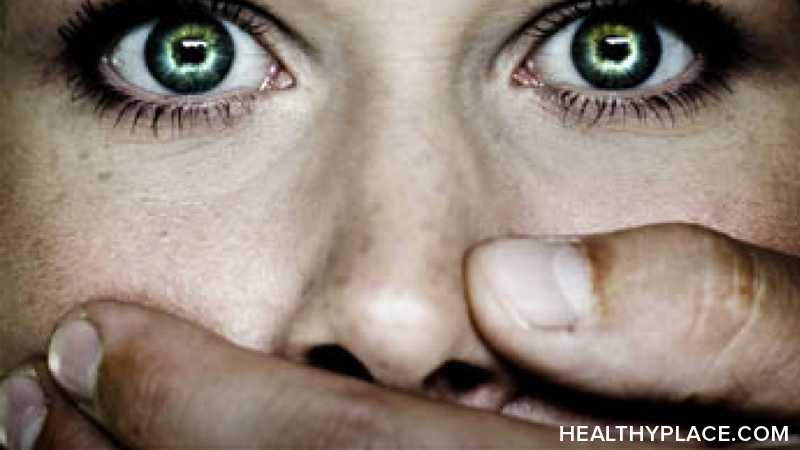Rape Law: What Are the Laws Against Rape?

There are rape laws both at the national and state level to protect the victims of rape. Rape refers to the act of sexual intercourse without consent. While the term "rape" is often used casually, in the law, the term "sexual abuse" is defined as it includes more types of sexual interaction than just intercourse. Sexual acts and contacts defined as part of sexual abuse include:1
- Any contact between any of the mouth, vulva, anus, and penis
- Penetration of the genitals with any body part or objects
- Intentional touching of the genitalia, anus, groin, breast, inner thigh or buttocks directly or through clothing
Several laws pertain to rape, federally, including:
- Aggravated sexual abuse
- Sexual abuse
- Sexual abuse of a ward or minor
- Sexual abuse resulting in death
Rape Law – Aggravated Sexual Abuse
Aggravated sexual abuse, or aggravated rape, is the most violent type of rape. Aggravated sexual abuse (including rape) includes:
- Forcing another to engage in a sexual act through force against that person or threat that the person or others will be subjected to death, serious bodily injury or kidnapping; or attempts to do so
- Forcing a sex act by rendering the victim unconscious or by drugging the victim
- Engaging in a sexual act with a child who is under the age of 12
Those convicted of aggravated sexual abuse (aggravated rape) can be fined, imprisoned for any term of years or life, or both.
Rape Laws Included Under Sexual Abuse
Laws against rape also exist in standard federal sexual abuse law. Sexual abuse (including rape) includes:
- Forcing another to engage in a sex act by threatening or placing that person in fear
- Engaging in a sex act with another person who either cannot give consent or physically is unable to decline participation
Those convicted of sexual abuse (rape) can be fined, imprisoned for not more than 20 years, or both
Sexual Abuse of a Ward or Minor
This section of sexual abuse law includes acts of rape but also other sex acts as the age and position of the victim are the defining factors rather than the specific acts of the assault. Sexual abuse of a ward or minor includes:
- Engaging in a sex act with someone over the age of 11 but under the age of 16 wherein the perpetrator is at least four years older than the victim
- Engaging in a sex act with another person who is in official detention under the custodial, supervisory or disciplinary authority of the perpetrator
Sexual abuse of a minor is punishable by a fine and not more than 15 years in jail whereas sexual abuse of a ward is punishable by a fine and a jail term of not more than one year.
Sexual Abuse Resulting in Death
This law pertains to any sexual assault defined elsewhere wherein the sexual assault results in death. Sexual abuse resulting in death (rape resulting in death) is punishable by death, imprisonment of any number of years or life in prison.
State Rape Laws
Laws against rape can also be specified at the state level.
APA Reference
Tracy, N.
(2021, December 17). Rape Law: What Are the Laws Against Rape?, HealthyPlace. Retrieved
on 2025, June 7 from https://www.healthyplace.com/abuse/rape/rape-law-what-are-the-laws-against-rape
